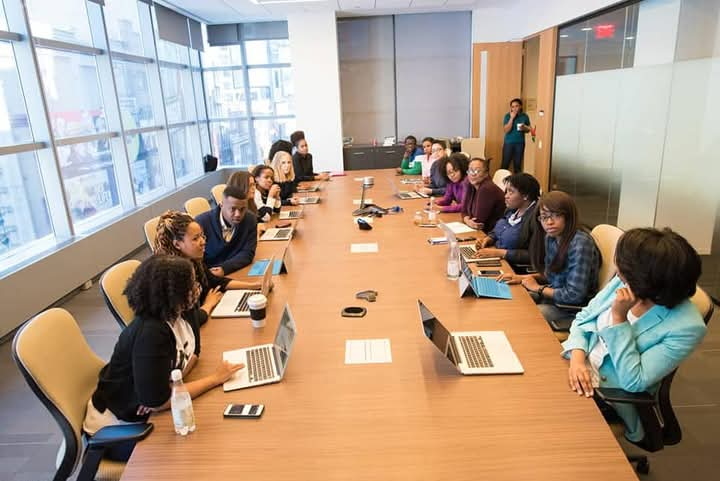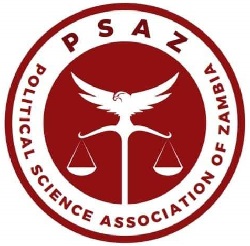Currently Empty: $0.00

In a quest to create strong intellectual synergies with other organisations on the African continent and the world at large which are shaping public policy, elections, governance, diplomacy and democracy in Africa, the Political Science Association of Zambia participated in the African Association of Political Science Virtual International Conference which was co-hosted by the University of Johanesburg and the University of Prestoria in South Africa and 12 National Associations for Political Science were present.
The Political Science Association of Zambia was represented by Joe Ndambwa (Fellow and President of the Association), Aaron Siwale (Fellow and Secretary General of the Association), Dr Neo Simutanyi (Senior Fellow) and Njekwa Mate (Fellow).
The Association was honoured to chair a Session on Democracy, Democratisation and Elections. Other associations represented were the South African Association of Political Science (SAPS), the Nigerian Political Science Association (NPSA), the Malawi Political Science Association (MPSA), the Kenyan Political Science Association among others.
The main agenda for the African Association of Political Science (AAPS) Annual Conference was themed, “Revival Agenda-An Association Anew.” This theme follows the collapse of the AAPS in 2014/5, when one of its champions, Professor Kunle Amuwo, passed away – it suddenly left a huge lacuna in this area of work.
African scholarship has been poorer without an association or society to provide conditions for an intellectual community that would re-engage African political thought and activism epitomized by the likes of Claude Ake, Mwesiga Baregu, Ali Mazrui, Luc Sindjoun, Ibbo Mandaza, Tajudeen Abdul-Raheem, Said Adejumobi, Tandika Nkiwane, Osita Agbu, Kenneth Acheampong, Kwame Aning, Dani Nabudere, Rwekaza Mukandala, and others.
There is consensus within the political science and related fraternities today that there is a need for an association to help provide platforms for tackling the old and new political questions of our time. Such an association would build on the legacy of AAPS, but reach further in relation to issues, facilities and challenges of our time today.
Therefore, the launch conference for the new association looks back into the AAPS days in order to look forward into emerging issues and questions both in its intellectual agenda and in the manner in which it will be managed. It will draw in national associations, national departments in political science and related fields, individual scholars including emerging scholars from the continent and in the African diaspora. With this, we also hope to bring back the iconic African Journal of Political Science journal, but this time as an open-access online journal.

